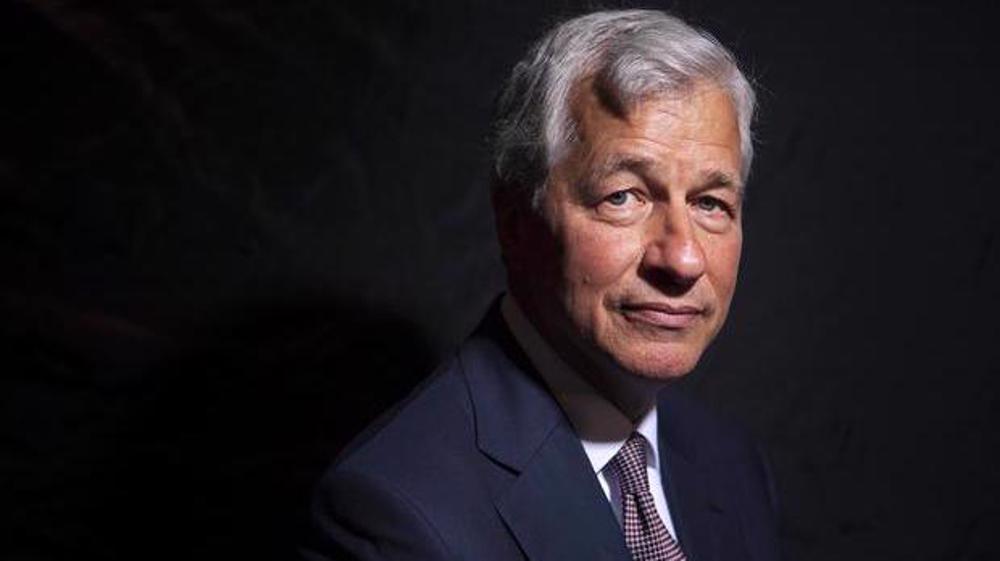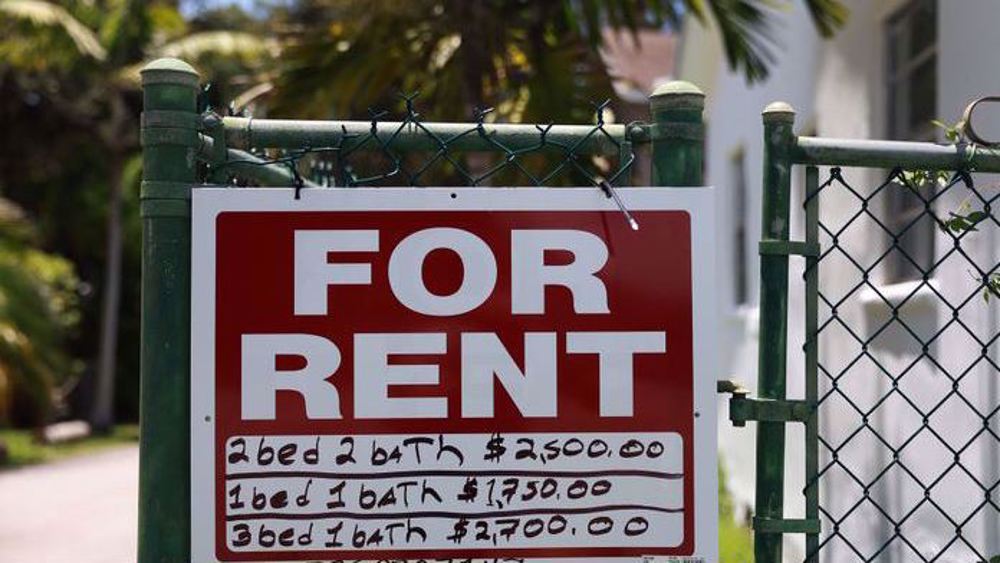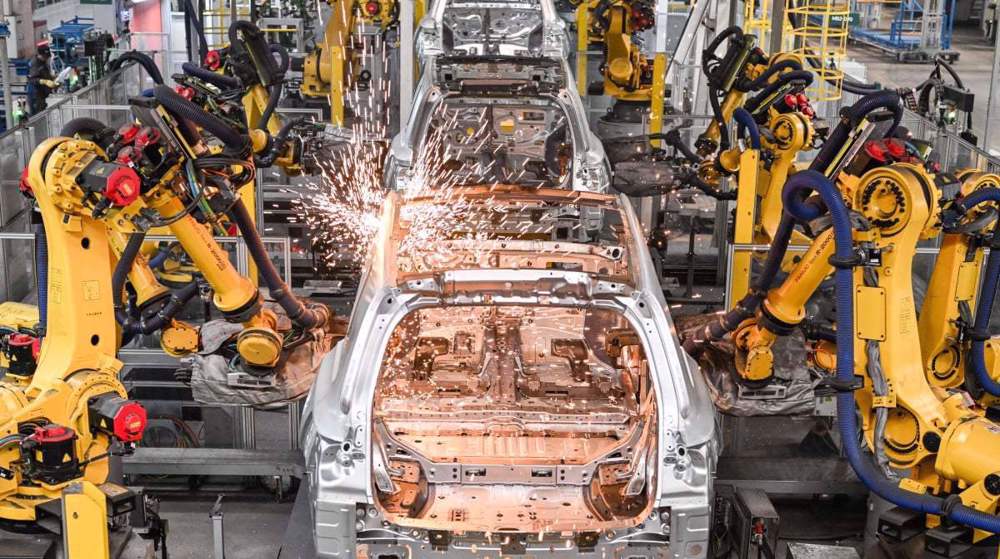Hundreds protest at McDonald's headquarters for higher wages
Hundreds of American protesters marched through pouring rain to call for higher wages and union rights at McDonald's headquarters in Oak Brook, Illinois.
McDonald's restaurant employees and supporters seeking a $15-an-hour minimum wage and better benefits marched about two blocks on Wednesday to the suburban Chicago headquarters.
"If we don't get it, shut it down," they chanted. It was estimated that there were up to a thousand protesters.
The headquarters was shut for the third year in a row because of protests centered on the shareholder gathering, which will be on Thursday.
The protesters are part of a larger US movement for higher wages by workers in fast-food and other low-wage industries.
Although an improved economy has spurred pay rises at companies ranging from Wal-Mart to McDonald's, activists and workers say it’s not enough.
"The fact that you have to choose paying your light bill or eating is ridiculous," said Adriana Alvarez, McDonald's worker from Chicago.
Since 2012, the "Fight for $15" campaign has been involved in convincing some lawmakers and large companies to increase minimum wages and improve working conditions.
The "Fight for $15" campaign is backed by the Service Employees International Union (SEIU), which represents workers ranging from fast-food restaurants to home health aides. "Corporations ought to invest in workers so they don't need food stamps, subsidized housing and other benefits," SEIU President Mary Kay Henry said.
While executives and shareholders have reaped rewards via salary hikes and gains in the stock market, workers say they have not shared the wealth.
Earning less than a living wage has forced many US fast-food workers to have multiple jobs, obtain food stamps and other forms of government assistance, in order to afford basic food, shelter and clothing.
According to an AP-NORC poll released last week, 46 percent of American workers said their wages have remained stagnant in the last five years, and another 16 percent said they've seen salary cuts. Meanwhile, costs for basic needs, such as food, housing and health care, have risen.
The erosion of America’s middle class and the resulting voter frustration has helped fuel the presidential campaigns of Republican candidate Donald Trump and Democratic hopeful Bernie Sanders.
A report from the Pew Research Center in December demonstrated that the share of American adults in middle-income households shrank from 61 percent in 1971 to 50 percent in 2015.
The decline of the middle class is a reflection of rising income inequality in the US, the report said.
Raeisi: Operation True Promise ‘a necessary response’ to Israel
OIC slams US for blocking Palestine’s bid for full UN membership
US police arrest 108 pro-Palestine protesters at Columbia University
Top commander names four 'historic achievements' of Operation True Promise
VIDEO | Iranian attack and crisis of entity
UN chief: Israel’s war turned Gaza into 'humanitarian hellscape'
Meta's WhatsApp challenged for complicity in Israel’s Gaza genocide
Iran, Jordan underline need to stop Israel’s genocidal war on Gaza










 This makes it easy to access the Press TV website
This makes it easy to access the Press TV website